History
10 Factors Behind America’s Acquisition Of Florida

Florida—sun, sand, and…surprising history? The story behind the U.S. acquiring this iconic state is anything but ordinary. It wasn’t all about palm trees and vacation vibes. In fact, there are some pretty unexpected reasons the U.S. ended up with Florida. So, let’s explore the twists and turns that led to this sunny acquisition.
Spain’s Declining Power In The Americas
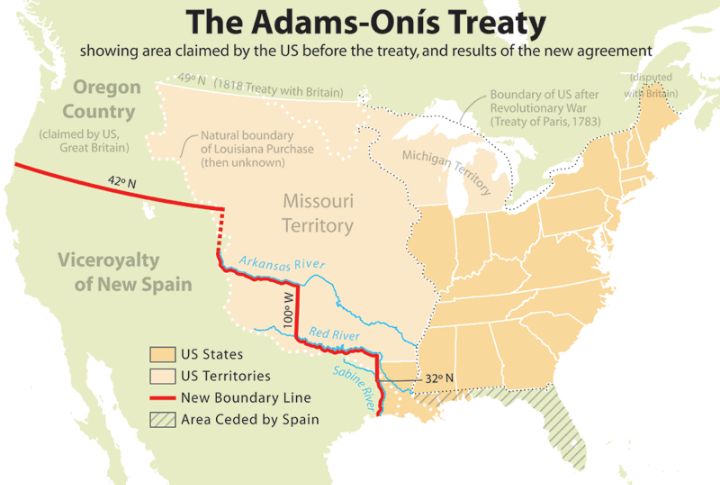
The decline of Spain’s empire created a vacuum in Florida during the early 19th century. By 1819, Spain struggled to maintain control of its territories, including Florida. The U.S. seized this opportunity to negotiate the Adams-Onis Treaty, acquiring Florida.
The Seminole Wars And U.S. Military Interests
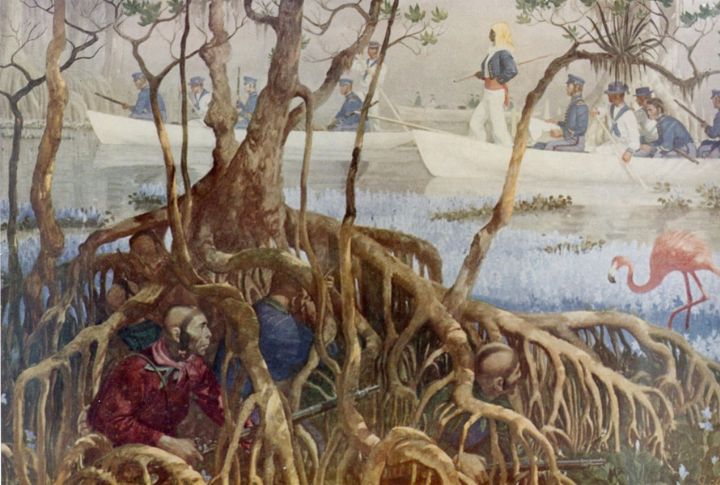
Ever heard of the Seminole Wars? These fierce battles between U.S. forces and the Seminole Indians were more than just skirmishes; they were a catalyst for Florida’s acquisition. The U.S. wanted peace, and getting Florida under control was seen as the key to settling these volatile conflicts once and for all.
Monroe Doctrine And Expansionism
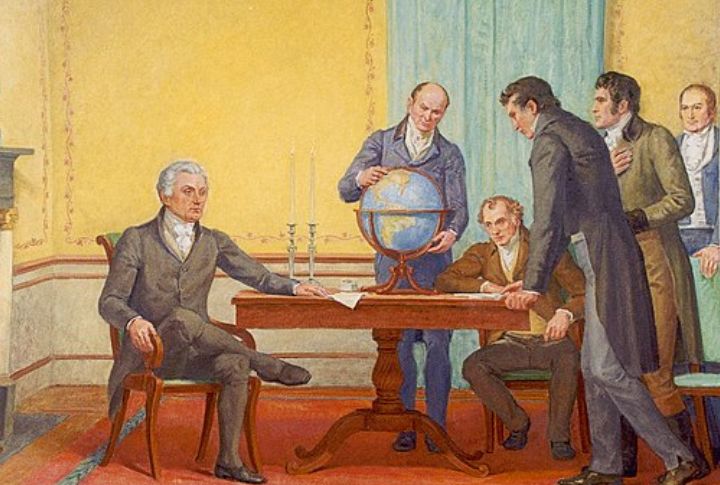
In 1819, the U.S. and Spain signed the Adams-Onis Treaty, ceding Florida to the U.S., aligning with the Monroe Doctrine’s territorial ambitions. This doctrine (1823) asserted that European powers should avoid interfering in the Western Hemisphere and also supported U.S. expansionism, including the acquisition of Florida.
British Interests In Florida
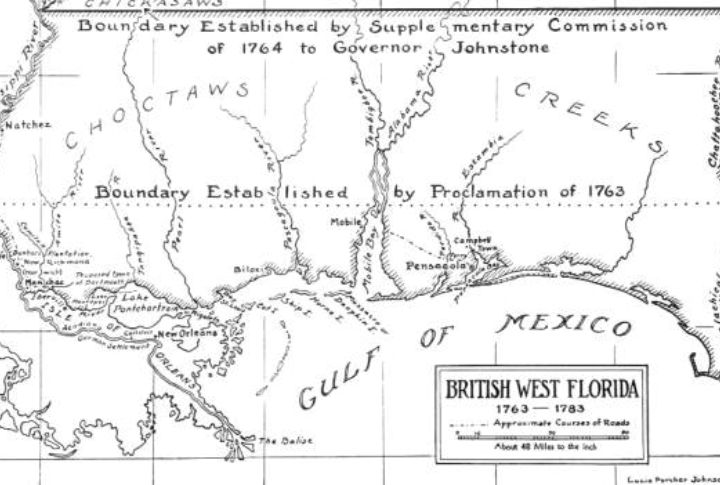
During the early 1800s, Florida wasn’t just a Spanish issue—it was a British one, too. Britain, ever watchful of its trade routes, occasionally flirted with the idea of seizing Florida. This potential British presence prompted the U.S. to act swiftly. It feared the Gulf Coast could fall into foreign hands once again.
Piracy And Lawlessness Along Florida’s Coast
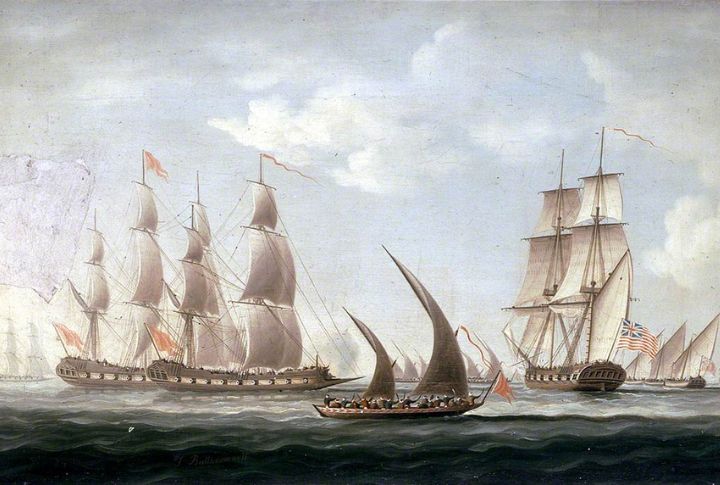
Pirates frequented Florida’s coastline, especially in the Gulf of Mexico. By the early 1800s, their activities, particularly in the aftermath of the War of 1812, had grown increasingly disruptive. Florida’s acquisition provided the U.S. with a means to curb pirate threats.
The Promise Of Agricultural Expansion

Florida’s fertile lands were an irresistible draw for agricultural expansion. Cotton, sugar, and indigo flourished, drawing settlers eager to capitalize on the region’s natural resources. The U.S. government viewed Florida as a key asset to further its agricultural economy, cementing its place in the Union.
The U.S. Desire For Maritime Access
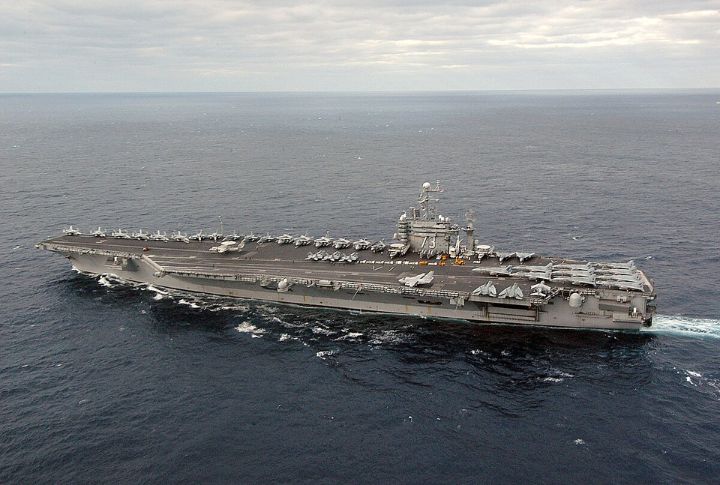
When you control Florida, you control a maritime crossroads. Situated between the Gulf of Mexico and the Atlantic Ocean, Florida was a critical piece of the puzzle for U.S. naval strategy. Ensuring control of the peninsula meant guaranteeing unfettered access to the Caribbean, Latin America, and beyond.
Spain’s Weakening Defense Infrastructure
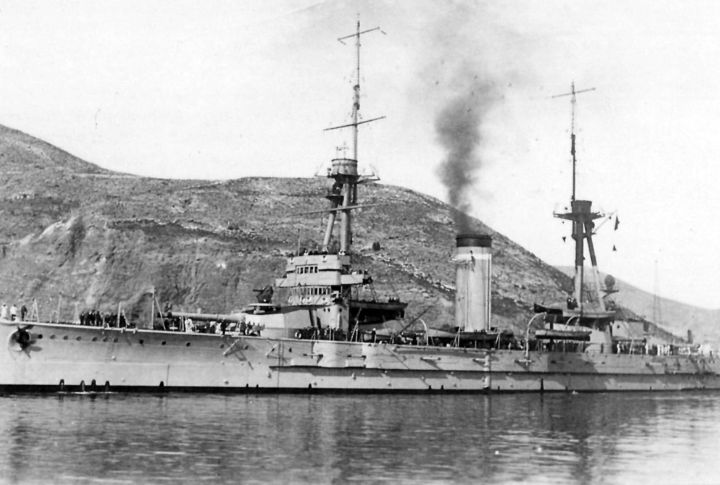
By the time the U.S. acquired Florida, Spain had become unable to defend its territories effectively. Without a strong military presence, Florida was vulnerable to incursions from both Native American groups and foreign powers. The U.S. moved quickly to fill this void, securing the region under its control.
Florida’s Role In U.S. Territorial Dreams
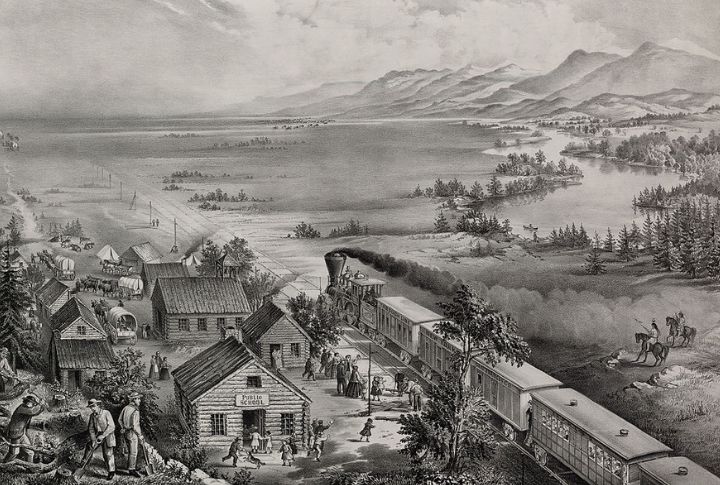
The U.S. was actively expanding westward, driven by the ideals of Manifest Destiny. Acquiring Florida was a vital step in this expansion. By securing the peninsula, the U.S. laid the groundwork for further territorial gains, reinforcing its claim to the land stretching from the Atlantic to the Pacific.
Diplomatic Pressure From American Settlers
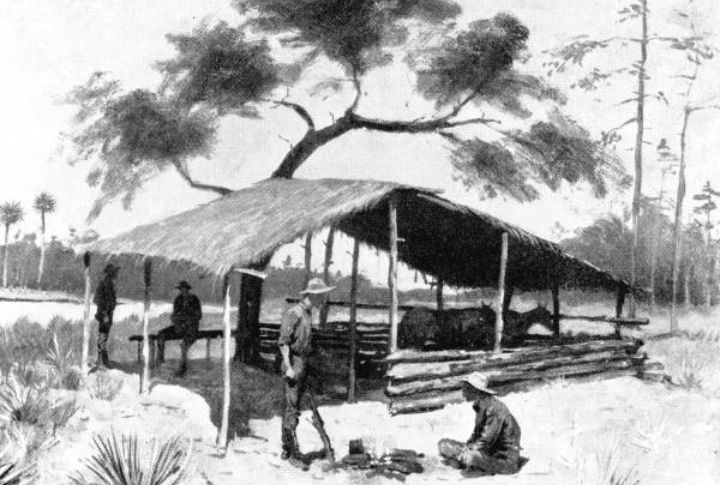
American settlers in Florida increasingly pressured the U.S. government for statehood. By the early 1800s, many Americans had already established settlements in Florida, and their desire for stability and governance played a key role in pushing the U.S. to formalize its control over the territory.

